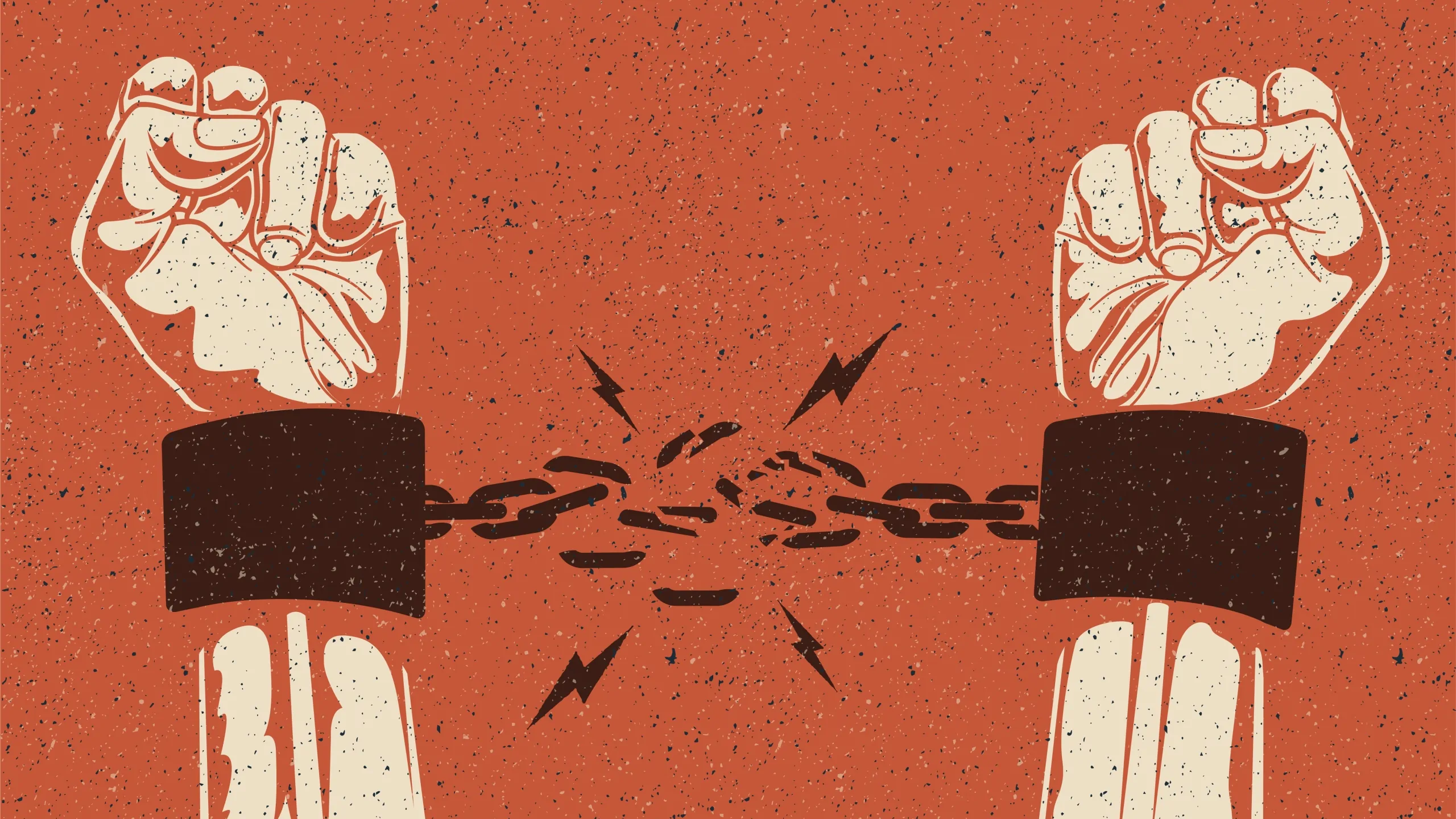Pamela Winn hopes Alabama lawmakers believe in the sanctity of life and the lives of unborn children enough to protect them from a practice in Alabama that places those lives at risk.
Winn miscarried her own child after being sent to a federal prison in Georgia for a white collar crime while six months pregnant. She fell down attempting to enter a van while shackled around her ankles, and a chain wrapped around her belly connected to handcuffs. She didn’t receive needed emergency medical care after the fall, and miscarried a few months later, shackled to a bed during the painful miscarriage.
The U.S. Congress in 2019 banned federal prisons from shackling pregnant women, but some states haven’t yet banned the practice. Alabama is the last Southern state to shackle and solitarily confine incarcerated pregnant women.
Legislation related to the practice of shackling pregnant women has been introduced in the Alabama legislature, but House Bill 28 stops short of banning the practice altogether, and instead would only prevents shackling pregnant women during birth and during the six-week period following birth.
“Except as otherwise provided in this subsection, a custodian may not use handcuffs, waist shackles, leg irons, or restraints of any kind on a pregnant woman in labor, in delivery, or on a woman in the immediate postpartum period while in custody,” the bill reads.
Rep. Rolanda Hollis, D-Birmingham, who introduced the bill along with Rep. Laura Hall, D-Huntsvile, told APR on Monday that she’s not certain why her bill doesn’t specifically ban shackling pregnant women at all times, and that she plans to contact the Legislative Services Agency – the state agency that often drafts legislation – to find out why and correct the matter.
“Because that’s the whole purpose of the bill. A woman, if she’s pregnant and she’s shackled, losing her baby,” Hollis said, adding that she’s not heard pushback on the anti-shackling legislation from anyone.
“When I first started carrying it I did talk with some sheriffs, and to my knowledge they didn’t have any pushback on it,” Hollis said.
Hall and Hollis both filed similar anti-shackling bills during last year’s regular legislative session. Hall’s bill mirrored the federal First Step Act, which banned shackling pregnant women in federal prisons. Hollis’s bill last year, House Bill 253, appears to be the same bill both representatives filed this session, HB 28.
Last year, after it became known both representatives had filed similar bills, the two worked on a combined bill, but that bill was never brought up in committee for debate, Hollis said.
For Winn, the goal has to be to end the shackling of pregnant women at all times, and she believes Alabama lawmakers should be “fighting and pushing” to make sure the legislation gets approved.
“Irregardless of the state of the mother. Where she’s located. Whatever she’s done. At the end of the day what we all should be concerned about is making sure that there is a safe and healthy delivery of a baby, that is innocent. That has not had a chance at life yet,” Winn told APR.
Winn was released from prison in 2013 and she and her nonprofit, RestoreHER, has since championed anti-shackling legislation. Winn noted that anti-shackling legislation passed unanimously in the Georgia legislature in 2019, passed in Mississippi in 2021
Shackling happens most often during transport, and more often in local jails when a person makes their way to and from court, Winn explained. With legs and arms restrained by shackles, if a pregnant woman trips she has no way to break her fall, she said.
The American Psychological Association in a 2019 report stated that women are the fastest-growing population in prisons and jails, are among the most vulnerable in society and are all too often unnecessarily restrained with shackles.
“Restraining women in transport to prenatal care and during labor and delivery can obstruct necessary medical care and, during labor, lead to extreme physical pain and complications because of the mother’s inability to move freely,” the report reads.
Winn said it may be more difficult for the men in Alabama’s legislature to fully understand what shackling a pregnant women can do
“I would just say to them, you have wives. You have daughters. You have sisters, so think about if your daughter or your wife or your sister were shackled and trying to walk while they’re pregnant,” Winn said. “Think about if they’re on a gurney, on a hospital bed, trying to deliver a baby. Your child. Your nephew. Your grandbaby, and they are shackled by wrist and ankle to a bed trying to deliver a baby.”
Winn said she’s concerned that HB 28 has been assigned to the Alabama Legislature’s Judiciary Committee, instead of
When Winn first got involved in helping pass Georgia’s anti-shackling legislation in 2021, that state’s bill had been assigned to the Legislature’s Public Safety and Homeland Security Committee. She successfully pushed to have the bill instead debated by the Health and Human Services Committee, which ultimately gave the bill a favorable report and the state legislature passed it unanimously.
Winn said she’d like to see Alabama’s bill moved to the Health Committee, and said she plans on attending those committee meetings and to continue to fight to see Alabama end the practice of shackling pregnant women.
“That’s not a way to treat any human being, no person, regardless of anything, and definitely not a way to say that we care about babies and we want to protect them and want to have them safe and healthy,” Winn said.



















































